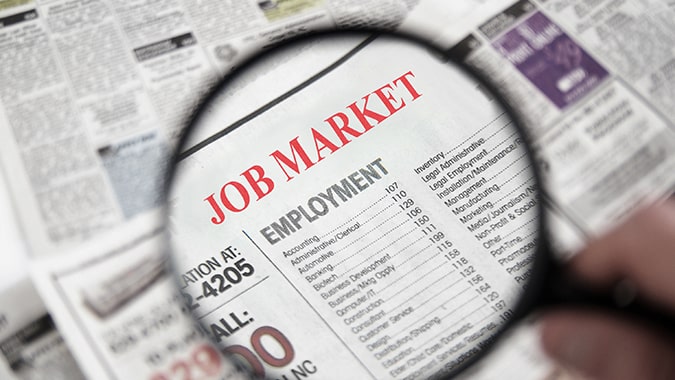While the sunset of a temporary Corporate Business Tax surtax is all but a certainty at the end of this year, the mindset of those who oppose it still lacks a general understanding of economic competitiveness.
This past week, Jersey City Mayor and Democratic gubernatorial candidate Steve Fulop joined progressive groups in the call for reinstating a 2.5% CBT surtax – even before it’s officially gone away – as a funding source for New Jersey Transit.
“What it tells me is education is still needed in terms of developing an understanding of the impacts of having the highest CBT rate in the nation and the benefits that happen when the CBT rate is more competitive,” said NJBIA President and CEO Michele Siekerka.
“Beyond the obvious reputational damage that is done for New Jersey’s business climate nationally and internationally by having the highest CBT rate in the country, the notion of proactively wanting to keep our state as an outlier on business taxes ignores how challenging it is for our job creators to grow and expand.”
SKY HIGH CBT
Currently, New Jersey’s 11.5% CBT rate is the highest in the nation – also the only double-digital rate in the nation.
Even with the scheduled 2.5% surtax reduction at the end of 2023, New Jersey’s 9% CBT rate would still be the fourth highest in the nation at a time when many states – most notably neighboring Pennsylvania – are lowering their corporate business taxes.
Despite Gov. Phil Murphy’s full support of the letting the surtax sunset, Fulop contends the surtax does not have a negative impact on New Jersey’s business community.
“It’s been in place for years now,” Fulop told reporters in announcing his campaign’s transit plan this week. “So, the corporate community in New Jersey had already become acclimated to it.
“To say that (the surtax) needed to (sunset) because of some hardship on the corporate community just isn’t true.”
NJBIA Chief Government Affairs Officer Christopher Emigholz, however, said that position is flawed.
“It’s basically a premise that a business may be succeeding, so it can therefore afford a tax increase without harming other businesses or the economy,” Emigholz said. “But affordability and competitiveness are two different things.
“That type of thinking also ignores the fact that some businesses may not be enjoying the same level of success and a tax increase, on top of all the high costs of running a business in New Jersey, actually can make our state unaffordable for them.”
In an OpEd in NJ.com earlier this year, Jeremy Farrell, special counsel and managing director at Jersey City-based LeFrak and president of the Jersey City Apartment Owners Association, said “the private sector looks for the best set of circumstances when considering where they want to be, not just to ensure that their businesses succeed, but also so their employees have the best chance to flourish.
“The one thing New Jersey must demonstrate is that it can still offer a positive attitude toward business along with favorable economic conditions, including tax rates, incentives and predictability,” Farrell said.
OVERLOOKED BENEFITS OF LOWER CBT
Both Siekerka and Emigholz said those who support extending the CBT surtax tend not to acknowledge the proven benefits in other states where the CBT rates have been lowered.
An analysis conducted by Garden State Initiative earlier this year found the following:
- Since the year before North Carolina’s CBT reductions became effective in 2013, employment has grown 16.5%, or 1.85% annually, in under a decade.
- Scaling those results to NJ’s workforce size, our state would see an additional 750,000 jobs within the next 10 years.
- In the same time frame, North Carolina’s total private business establishments expanded 32.7%, or 3.2% annually.
- In 2012, Indiana held the 15th highest corporate income tax rate in the nation at 8.5%. Today, the state has reduced its corporate income tax rate to 4.9%, or 11th lowest in the nation. From January 2013 to just prior to the pandemic decline in December of 2019, Indiana employment grew 14.8%.
- A federal analysis by the Council of Economic Advisors also finds data that lower CBT rates incentivize capital investment, leading to overall higher demand for workers and more productive labor and wage growth.
“We also need to look beyond just assessing the largest taxes on our job creators and recognize how our neighbors in Pennsylvania are on a path to reduce its Corporate Net Income rate from 9.99% last year to 4.99% by 2031,” Siekerka said.
“Competitiveness and predictability are inherently important for all businesses, especially those who employ a lot of workers. To say businesses have become ‘acclimated’ to high taxes so we should keep them as national outliers does not send a positive message to the business community and doesn’t benefit their workers either.”

